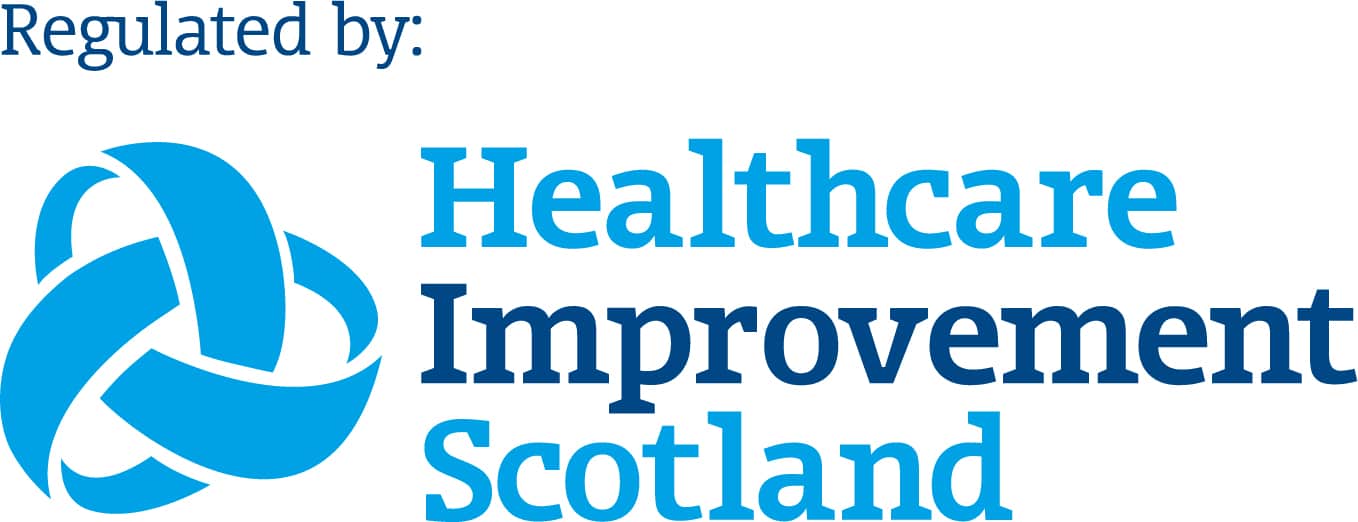Since 1988, World AIDS Day has been on the 1st of December, to raise awareness about the disease caused by the spread of HIV infection.
What is HIV?
This stands for the human immunodeficiency virus which targets and destroys cells from our immune system (CD4 cells) which are needed to help the body respond to infection. Without working CD4 cells, the immune system will become weakened to the point that it can no longer fight infections or diseases. Although there is no cure for HIV infection, there are effective antiretroviral drugs (ARVs) which control the virus and help prevent onward transmission to other people.
What is AIDS?
This stands for acquired immunodeficiency syndrome which is the most advanced, often terminal, stages of HIV infection. AIDS was a defining feature of the HIV epidemic in the news in 1980’s, before treatment with ARVs became available. These days, as more and more people are able to access ARV treatment, most people living with HIV infection do not progress to AIDS. Without treatment, the average time between HIV infection and AIDS diagnosis is 10-15 years.
At the end of 2018, worldwide there are almost 38 million people are living with HIV. Only 62% of adults and 54% of children are on treatment and this continues to rise. 53% have low enough HIV levels to have a low risk of infecting others.
However it is thought that 21% of people with HIV are not diagnosed. AIDS is more likely to occur in people with unknown HIV infection as they often present with symptoms of late stage infection sometimes when it is too late for ARV treatment.
How can I get tested for HIV?
That is the easy part! You can get this simple blood test done at a local sexual health clinic; your GP; or even order a free postal pack with finger prick sampling that you can do at home e.g. https://freetesting.hiv
At ROC London we offer 4 hour testing, with blood being taken by our private GP’s who will discuss with you the best way of getting the results to you – whether that be via mobile phone or encrypted email directly to your personal inbox.
Book in to see one of our experienced and approachable private GPs here.
Your HIV status is important for the following reasons –
- People who test positive can get the health support and treatment they require quickly, in order to prevent any HIV-related health complications in the years to come, as well as preventing progression to AIDS.
- People who have HIV can take precautions in order to safeguarded others and prevent transmission.
HIV is no longer the scary disease that it was when it was first discovered. Rather, it should be viewed as a manageable, but life-long illness, requiring regular check-ups, similar to e.g. type 2 diabetes. We need to normalise testing and improve access to testing without prejudice.
Let’s get talking about and testing for HIV!
References:


